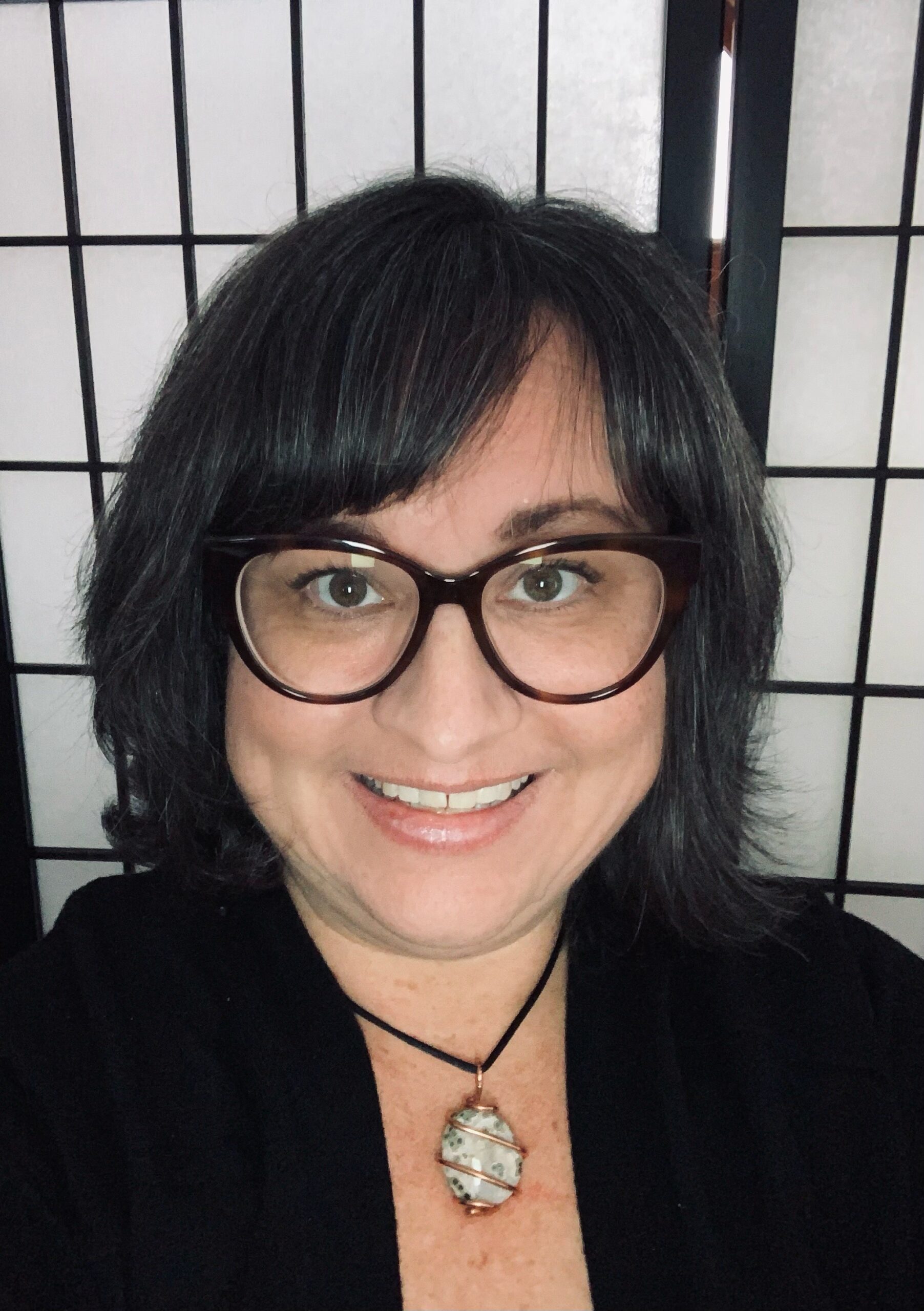By Kara Joseph, LICSW, ACHP-SW
Palliative and oncology teams are certainly mindful that in order to care for others, we must care for ourselves, and one another. This looks different for each of us as does our ongoing grief. Our grief accumulates and our ability to practice ways of healing and sustaining our well-being diminishes if we are not careful.
Without an ongoing discipline of self-care, we become susceptible to compassion fatigue, stress-related illness, unresolved grief, and trauma. Specifically, it may manifest as severe anxiety, insomnia, mood swings, depersonalization, nightmares, difficulty concentrating, detachment, or an overall discontentment.
There are many ways that clinicians practice self-care. This could take shape in a variety of forms, such as breath work, walking or physical movement, music, contemplation or worship, gardening, writing, yoga/tai chi, acts of kindness, sound nutrition and good sleep hygiene, spending time with loved ones, a gratitude practice, and the creative arts, to name just a few.
One of the ways I care for myself is to practice the discipline of a spiritual pause. A spiritual pause for me, means stopping long enough to be still, turning to Higher Power (may be God, Buddha, Yahweh, nature, goddess, etc.) in prayer, listening in meditation, and acting accordingly in service.
I pause before beginning a patient visit, prior to attending a meeting, before I make an outreach call to a family member or caregiver. A pause can be as simple as breathing in and out, letting a feeling come, and letting a feeling go. A moment of awareness, a moment of awakening. As Japanese Zen Priest, Shunryu Suzuki, says, “Leave your front door and your back door open. Allow your thoughts to come and go. Just don’t serve them tea.” A pause can be noticing sights and sounds, it can be a thought of gratitude, or it can be the loving kindness in a gentle touch. It is simple and profound.
Spiritually pausing helps me to focus on my ability to be fully present in my role as a clinical social worker. It helps me to stay clear on how I am doing this work, what this work is, and why it is important.
It is not only possible to sustain caring for oneself while caring for others, it is imperative. This commitment, energy and investment is essential in continuing this sacred work we have the opportunity to do.
Practicing a spiritual pause cultivates humility, compassion, and appreciation for how precious, painful and beautiful life is. It gives many opportunities to practice acceptance, impermanence, truth and a spiritual way of living.
Often, palliative and oncology teams are coping with very real external stressors that may impact on our ability to continue providing the best quality of care to our seriously ill patients, their caregivers and the bereaved. At times our work demands of us a higher census, increased productivity, and times in which the fragmented systems we work within cause more suffering. We have families struggling with deep poverty, lack of resources, racism, mental illness, substance abuse, oppression, trauma, estrangements, all while navigating serious illness, oncology care and end of life.
The practice of a spiritual pause provides an outlet to reconcile such stressors no matter the circumstance. It allows us to tap into a sense of serenity which translates into a calm and supportive presence for patients amidst distress. This fosters our ability to meet someone exactly where they are, in a safe, non-judgmental, respectful and curious way.
For me, it opens me up, allowing me to embrace and honor the beliefs and principles of all cultures and religions. It has taught me to put aside all of what I think I know for a deeper understanding and appreciation for the life, well-being and goals of each individual person.

